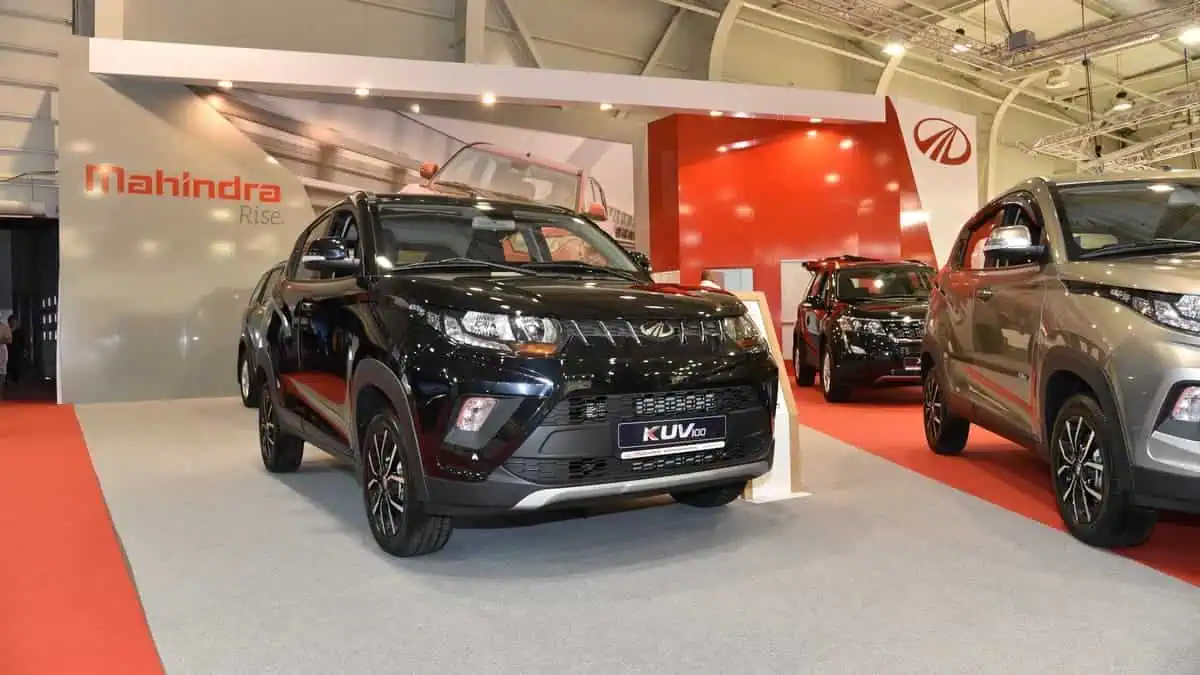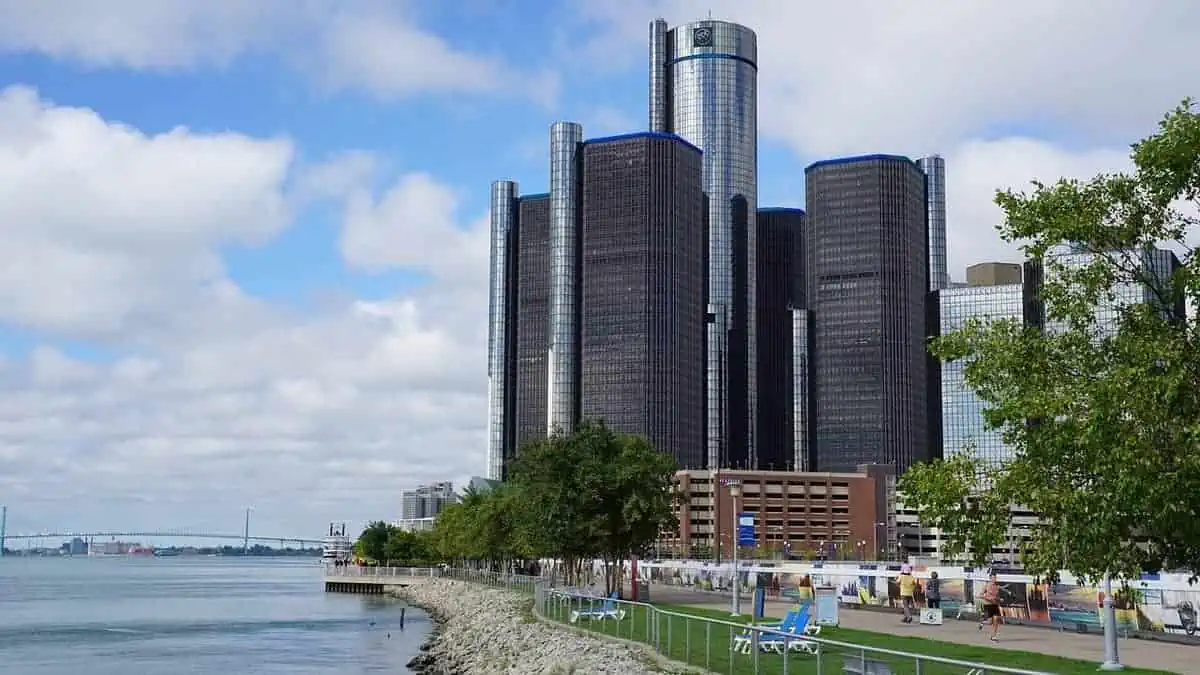The Indian Government is forming a task force that will develop a roadmap to accelerate the adoption of electric vehicles and the development of the necessary ecosystem. According to local news outlet Acko Drive, the Ministry of Heavy Industries (MHI) sent a letter to various government agencies about the task force.
MHI’s letter
The MHI is asking the recipients of the letter to provide inputs on 11 different topics that will aid the formulation of the action plan for the electric vehicle industry.
The respective agencies are already working to set up the foundation to advance India’s position in the global electric vehicle market under the Viksit Bharat 2047 vision.
“The agencies involved with the foundation of the EV task force have already started approaching original equipment manufacturers (OEMs) to proceed on the project of automotive vision plan for Viksit Bharat 2047.”
MHI wrote in the letter
Task force members
The task force enlisted multiple national and international agencies, starting with the German government and European Union agency GIZ (Deutsche Gesellschaft fur International Zusammenarbeit)
GIZ will work with FICCI to focus on the country’s electric vehicle charging infrastructure. Meanwhile, the Indian Battery Swapping Association (IBSA) will lead the efforts on battery swapping technologies.
The International Council on Clean Transportation (ICCT) will manage all matters concerning electric trucks, while the World Bank will focus on electric buses.
The World Resources Institute will oversee electric four-wheeler push, while the US Agency of International Development (USAID) will lead on matters regarding power electronics, devices, and motors.
In addition, the India Energy Storage Alliance (IESA) will focus on advanced chemistry cell (ACC) technologies. Meanwhile, Primus Partners will work on developing rare earth magnets.
Climate Trends will collaborate with various testing agencies to monitor compliance and standards, while the Energy and Resources Institute (TERI) will focus on upskilling industry workers.
Electric vehicle programs
The Indian government introduced the Electric Mobility Promotion Scheme (EMPS) 2024 with a total allotment of ₹500 crore on 1 April 2024.
It aims to offer subsidies for producing and purchasing two- and three-wheeler electric vehicles. It will be accessible for four months since inception. The country also offers subsidies for four-wheeler EVs and electric buses under the auto PLI and PM-eBus Sewa programs.
Moreover, the government also launched the New Electric Vehicle Policy 2024 to further boost the local industry. It allows automakers to import 8,000 EVs per year at a 15% tariff rate as long as they commit to local manufacturing. Electric automakers must start production within three years and hit a 50% localization level in five years.
The Indian government expects to finalize the task force with the aid of the Federation of India Chambers of Commerce and Industry (FICCI) and other relevant agencies.






